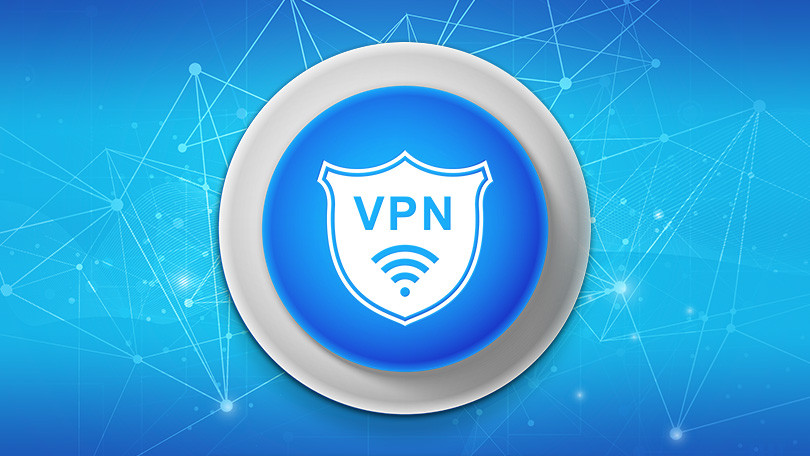There are a lot of interesting things to reveal across the Middle East. However, there are also some setbacks or limited Internet access to many services. The fact that you will not have an opportunity to access the Internet as you wish would significantly affect your experience. If you have already installed VPN services on your iPhone or mobile devices, you will have a better online experience and full access to all services just if you were playing at home. In this blog, you will know how to Use VPN in the Middle East.
Table of Contents
What Types of VPN Services Are Available in the Middle East?
If you live in the Middle East region, you should use a VPN and keep your web activity private and safe. A VPN enables people to access protected or geo-restricted content, mobile apps, and sites from any possible location. At the moment, the best VPN services in the Middle East are provided by the following companies:
- NordVPN – The leading provider of a virtual private network, offering an extreme level of security and privacy. Thanks to the Double VPN function, it allows you to hide online activity while giving encrypted security.
- Surfshark – Comes with low costs and increased security. People can also benefit from high speed and available services across different Middle East states
- ExpressVPN – A swift VPN is the best for users in Egypt and Israel. It has a robust unblocking capacity.
- PrivateVPN – A fast and reliable method to browse the web in the Middle East.
- VyprVPN – Provides increased speed with numerous Middle Eastern servers, increased security, and a free trial
Internet Restrictions in the Middle East
Some countries from the Middle East such as Saudi Arabia, Egypt, and the UAE have strict internet censorship. Many residents have already been prosecuted for expressing their opinions regarding the current state in the country. Each of these states restricts access to social media, messaging mobile apps, and news. Additionally, you can find sexual content, anti-religious and anti-government posts being blocked. The same applies to online gambling on Arabic sites.
The cybercrimes and casino industry are interconnected. The gambling industry has recorded a rapid growth and now people can gamble from any possible location. The expansion of the internet brought some challenges and the possibility of abuse. People are engaging in cybercrimes and casinos for many reasons, and it becomes a certain kind of hobby. Some people have already started to make money from this activity. There are also people who use casino services to engage in criminal activities. Today you can see cybercriminals selling casino accounts and inventing third-party software that is not linked to the game. They also use hijack and steal casino accounts with hacking activity and other techniques.
Blocked Access to Websites
As we already mentioned, different Middle East countries block access to certain websites. For example, United Arab Emirates has a very strict law following religious principles and business protection. Based on the Telecom Regulatory Authority’s, content that is against ethics and morality should be blocked. Included are the following:
- pornography
- VoIP platforms and services (Skype)
- Online gambling
- Sites related to anti-religious activity and hate speech
- sites that promote production, distribution, and sale of illegal drugs
- content against the beliefs of the Sunni people
- a lot of Wikipedia posts
- Israeli sites
To Use Paid or Free VPN in the Middle East?
VPN provides significant protection of your privacy. It also has some additional benefits. It enables access to content that might not be available in your country. This entails streaming, gaming content, and additional services from blocked sites. A VPN uses encryption and hides your internet activities. The encrypted web connection also keeps your online activities away if you use an unprotected Wi-Fi connection. Now you can shop online or pay bills without worrying that someone will follow your online activity. There is also a free VPN in the market, but people are not recommended to use it. This is especially true for the Middle East region, as online security and privacy have special importance in these states. If using a free VPN, you will not be protected at all, but you will increase the risk. Many VPN providers will follow your online activity and sell your information to third parties. You can also see that certain VPNs included unwanted ads and cookies. They will also slow down your internet connection.
Our Final Thoughts on Middle East VPN
Using VPN services has many benefits, especially in the Middle East countries where internet access is restricted. That’s why you need to find a trusted provider of VPN service and get the most out of it.





